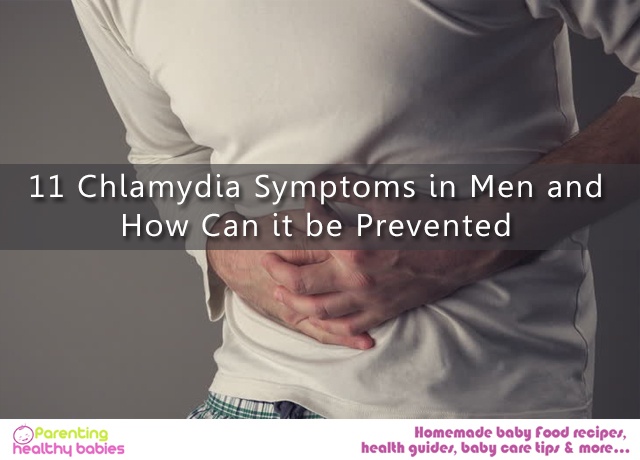Do you see spots of blood before your periods that scare the wits out of you? Fret not! This is quite common among many women across the globe. Read on for information and trivia on spotting before periods and why it happens.
Spotting before periods is an exasperating bodily function. However, many might or might not understand this symptom. Many might even think of it as a problem with the reproductive system. Well, before getting on to any conclusion, it is important to know about the causes of spotting and understand its effects on the body. Even before that, it is important to understand what spotting between the periods actually is?
Understanding Spotting between Periods
It is a known fact that a normal menstrual cycle occurs at an interval of 28 days, followed by menstrual bleeding that normally lasts for about 5-7 days. Well, this interval doesn’t specifically have to be 28 days. It can range anywhere between 21-45 days or more apart. Women over 40 years of age experience less frequent menstrual cycle. On the contrary, some women’s menstrual cycle lasts for longer time while some have it only for 3-4 days.
When we speak about spotting, it is the vaginal bleeding after the menstrual period and before the next period. It can either be brown or pink on your underwear or toilet paper while wiping. Besides, spotting can also be seen as one or two blood spots or even more. It can even look like menstrual period.
Spotting can be there for many different reasons that can be normal or abnormal. Many a time, it becomes really difficult to find out the real cause of this spotting. If you experience any kind of spotting, make it a point to ensure that the bleeding is coming from vagina and not the urine or the rectum. You can use a tampon to check this. If you are still not sure, it is wise to go for a medical examination.
Read More: 11 Must Know Facts about your First Postpartum Period
Causes of Spotting before Period
Here are some common causes that can lead to spotting.
1. It’s your first period
For many if you girls, the first few years of menstruation are quite new and confusing. They are marked by painful feelings like pads and tampons, cramps, and irregularity of cycles. Despite the off-schedule menstrual periods, many girls also experience spotting. This is completely normal. Consider it just as a hormonal misstep that made your uterine lining shed at a wrong time.
2. Implantation Spotting
Some kind of spotting is very normal during early pregnancy. If you are spotting but the period is not due for another few weeks, it could be due to implantation spotting. To explain, implantation spotting is the phase when a fertilized egg gets attached to the inner wall of the uterus. This can cause tiny blood vessels to erupt and cause spotting.
3. Change in Contraceptives
Usually, spotting is a side effect resulting from use of hormonal contraceptives, including oral contraceptive pills or injections of long-acting artificial progesterone. Besides, treatments that involve frequent use of progesterone can also result in spotting.
4. You stepped into pre-menopause
As you approach menopause, brown or pink spotting is common. Sometimes, you might also experience light bleeding before the period. During this phase of transition, your periods might get more irregular – sometimes heavier along with occasional spotting about a week preceding the periods.
5. Ovulation Spotting
Ovulation spotting is quite common among women. It is nothing you need to worry about. You might experience spotting for a couple of days into ovulating. When a woman ovulates, it is normal to experience light spotting, generally pale pink in color. However, ovulation spotting itself has numerous causes. Well, one point worth noting is that your ovulation time is the time when your body is most fertile. Therefore, don’t make the mistake this type of spotting for menstrual spotting.
6. Stress
Stress is a health issue that can lead to numerous illnesses. It creates numerous imbalances in the body. Spotting is no exception. Physical stress, like illness, weight gain or weight loss, over exercising, and poor diet along with emotional stress, including anxiety, depression, insomnia, and worry can affect the period cycle. This is because of higher release of hormone cortisol and decline in the release of progesterone and estrogen. This hormonal imbalance messes up the period cycle completely thus making them irregular and causing spotting in between.
However, if you don’t feel any of these causes to apply when you experience spotting, it is wise to consult your gynecologist at the earliest and follow the required tests and treatment.













